Goa, known for its stunning beaches, vibrant festivals and rich culture, also has an undeniable love for football. The state’s passion for the game is deeply ingrained in its identity and this fervor has shaped many of its most successful football clubs. One of the most significant clubs in Goan football history is Sporting Clube de Goa. Founded in 1999 by the late real estate mogul Mr. Peter Vaz and his wife Mrs. Natalina Vaz, the club has become a symbol of Goa’s football culture, capturing the hearts of both local and national fans.
Alongside strong on-field performances, Sporting Clube de Goa has been notable for their unique contributions to the footballing culture in India. The club’s most memorable innovation came in 2011 when they introduced India’s first live mascot during the club’s debut in the fifth season of the I-League. Zumba, a lively and animated presence at the club’s matches, brought an element of fun and excitement—–not just a campaign but a symbol of Sporting Clube de Goa’s commitment to making football more accessible and engaging, especially for the younger fans.
Zumba became an instant hit, embodying the club’s identity with its playful energy and was unveiled during a special event where the club also premiered its theme song, “Flaming Oranje,” composed by the well-known Goan band, Sky High. The introduction of a live mascot was a move that set the club—also nicknamed “The Flaming Orange,” apart, adding an extra layer of entertainment to their matchdays and enhancing the overall fan experience.
The club’s legacy goes far beyond the debut of its mascot. Throughout the years, Sporting Clube de Goa has claimed several titles, including multiple wins in the Goa Football League.
The club has maintained a strong presence in Indian football, with their journey marked by significant achievements such as winning the Indian Super Cup in 2005 and finishing third in the I-League during the 2008-09 season. The club has also played a key role in nurturing some of India’s top football talent, including players like Bibiano Fernandes, Brandon Fernandes and Adil Khan, who have gone on to represent the national team.
Off the field, the club has made significant strides in youth development, launching a football academy in 2013, led by Spanish coach Javier Fernández Cabrera. The academy has become a crucial part of Sporting Clube de Goa’s mission to develop young talent and contribute to the growth of Indian football. The club has also invested in improving infrastructure, including renovations to the Don Bosco College ground in Panaji.
The live mascot Zumba remains one of the most iconic symbols of the club’s efforts to make football more exciting and entertaining for everyone. From its early days in local leagues to its prominent place in top-tier football, the club continues to serve as a beacon of Goan pride. The introduction of Zumba was just one of the many ways Sporting Clube de Goa has enriched the footballing landscape in India and its legacy continues to inspire the next generation of football lovers. The club’s passion for football, reflected in every match and every fan interaction, continues to thrive, ensuring that Goa’s love for the sport will endure for years to come.


